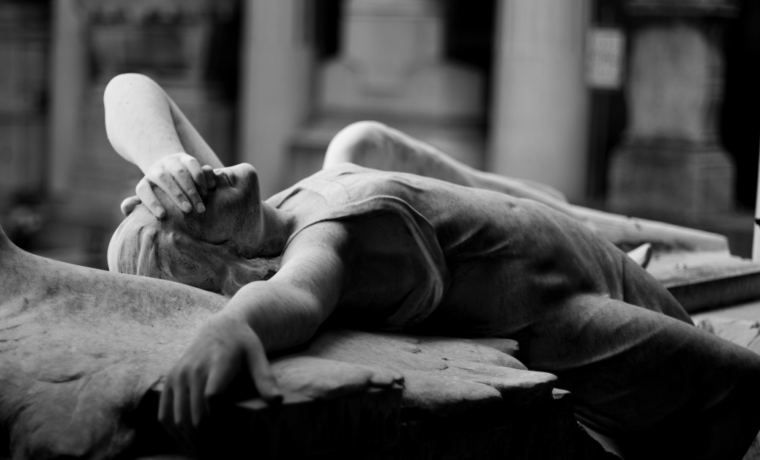By Mario Bizzotto in Camillianum – books of Camillian history and spirituality – N.2, 1999, 187-212
Pain is a cultural experience, which is not compressible outside the history or the set of conditionings within which it is lived. Man of Greek culture suffers differently from that of Christian, modern and postmodern cultures. There are as many forms of pain experiences as forms of culture. Certainly, abstracting from contingent situations, they have common characters in different epochs. However, who follows this direction must know that his analysis abandons the field of existence and makes suffering an idea.
Accepting the historical conditioning one comes to identify the distinctive characteristics suffering is assuming in the postmodern time. To understand the spirit of the new epoch to which we too belong, recalling a very meaningful title of a work by Nietzsche might be helpful. Beyond good and evil. Nietzsche intends to place it beyond the ontological principles of the classical tradition and gnosiological principles of modern epoch. There is no more the usual reality of being and consequently not even the distinction of true and false, good and evil, beautiful and ugly.
The demarcation lines are no longer as marked as we thought. Now we go exactly beyond all cultural deposits. We attempt an approach to reality leaving aside the very notion of being.
In this framework, also the experience of pain endures a backlash from tradition. We get free from all religious, moral, philosophical orders and from the ideological stereotypes. We attempt an impossible undertaking to go beyond the cultural system.
The detachment from tradition takes place at diverse levels: logical, historical, psychological, religious, social and technical. In each of them one carries out something of pain: the non-sense, randomness, the desirably impassive attitude, the refusal of an otherworldly redemptive project, and the effort to eliminate the signs of suffering caused by misery. Despite the new sensibility, separating in a drastic way the modern epoch from the postmodern era remains problematic.















Camillians on Facebook
Camillians on Twitter
Camillians on Instagram